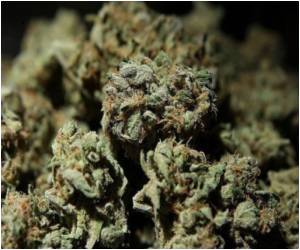According to psychologists, frequent marijuana use among teenagers can lead to cognitive decline, poor attention and memory and decreased intelligence quotient (IQ).

Lisdahl reiterated that young people who become addicted to marijuana lose about six IQ points by the time they reach adulthood. “It needs to be emphasized that regular cannabis use, which we consider once a week, is not safe and may result in addiction and neurocognitive damage, especially in youth,” she said.
Psychologists also discussed the possible public health impact of marijuana legalization. They opined, when considering legalization, policymakers need to address ways to prevent easy access to marijuana and provide additional treatment funding for adolescent and young adult users.
According to Lisdahl, marijuana use is increasing among youth in the US. She cited a 2012 study that showed daily pot use among high school seniors had more than doubled from the 1990s, from 2.4 per cent to 6.5 per cent.
Marijuana
Marijuana is a preparation of the cannabis plant intended for use as a psychoactive drug and as medicine. It was a well-established medicine until it was federally criminalized in 1937. According to the international sources with Medindia, it is the most commonly used illegal drug in the U.S. and the world.
Advertisement
Where is Marijuana legal?
Advertisement
This year, Alaska, Oregon, and Columbia will vote on whether marijuana should be legal for recreational and medical purposes.
Outside the US, Uruguay became the first country in the world to fully legalize marijuana in 2013. The Netherlands permits citizens to keep and cultivate some marijuana, and police let coffee shops sell marijuana as long as they don't sell to minors or break other major rules. According to multiple reports from experts, visitors, and defectors, North Korea either has no law restricting marijuana or the law goes effectively unenforced.
Source-Medindia















